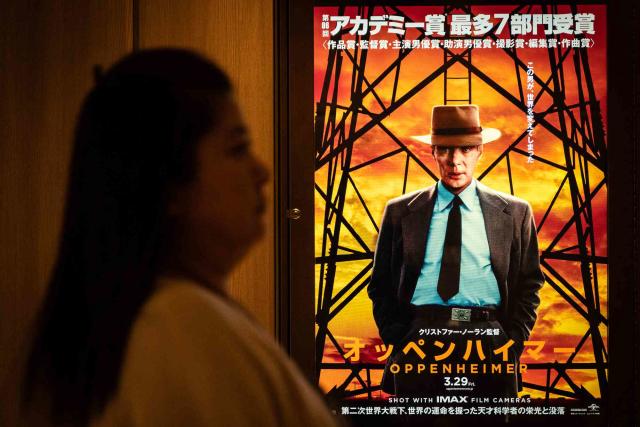The recent premiere of “Oppenheimer” in Japanese theaters has reignited discussions about the portrayal of historical events, particularly the use of atomic bombs in Hiroshima and Nagasaki during World War II. Despite the film’s global success and critical acclaim, its delayed release in Japan has sparked controversies and raised questions about cultural sensitivities. This article delves into the significance of “Oppenheimer” premiering in Japan, the criticisms it has faced, and the broader implications for historical narratives in cinema.
Historical Context and Controversies: “Oppenheimer,” directed by acclaimed filmmaker Christopher Nolan, explores the life and work of theoretical physicist J. Robert Oppenheimer and the development of the atomic bomb during the Manhattan Project. While the film garnered accolades for its cinematic craftsmanship and performances, it has faced scrutiny for its portrayal of the devastation caused by the atomic bombings of Hiroshima and Nagasaki. Critics argue that the film downplays the horrors of nuclear warfare and fails to adequately depict the suffering of the Japanese people.
Delayed Release and Cultural Sensitivities: The decision to premiere “Oppenheimer” in Japan eight months after its global release underscores the complexities of navigating historical sensitivities in cinema. The absence of Japan from the film’s initial release schedule, coupled with concerns about its portrayal of nuclear warfare, prompted discussions about cultural representation and respectful storytelling. Independent film distributor Bitters End’s decision to release the film in Japan highlights the significance of ensuring that diverse perspectives are represented in cinematic narratives.
Criticism and Public Reception: The premiere of “Oppenheimer” in Japanese theaters has been met with mixed reactions from audiences and critics alike. Some movie theaters in Japan displayed warning signs about the film’s depiction of nuclear tests, acknowledging the potential emotional impact on viewers. Former Hiroshima Mayor Takashi Hiraoka criticized the film for not adequately capturing the horror of nuclear weapons, suggesting that it perpetuates a narrative that justifies their use. These criticisms underscore the importance of engaging with historical narratives with nuance and sensitivity.
Broader Implications and Future Directions: The controversies surrounding “Oppenheimer” highlight the ongoing debates about the representation of historical events in cinema and the responsibilities of filmmakers in portraying sensitive subject matter. As audiences demand more diverse and inclusive storytelling, filmmakers must strive to balance artistic expression with ethical considerations. Moving forward, it is essential for the film industry to engage in meaningful dialogue with communities affected by historical events and to prioritize authentic and respectful storytelling.
The premiere of “Oppenheimer” in Japan offers an opportunity to reflect on the complexities of representing historical events in cinema and the importance of cultural sensitivity in storytelling. While the film has sparked debates and controversies, it also serves as a reminder of the power of cinema to provoke thought, evoke emotions, and stimulate discussions about our shared history. As filmmakers continue to explore complex narratives, it is imperative that they approach sensitive subjects with empathy, integrity, and a commitment to honoring the experiences of all those affected.
